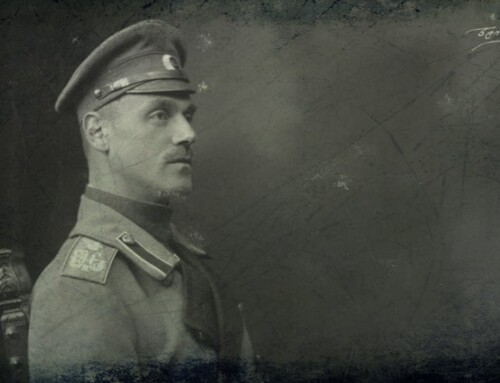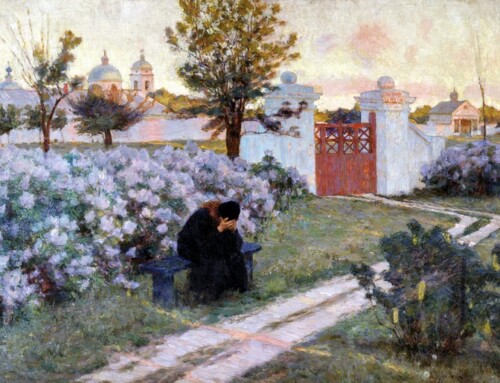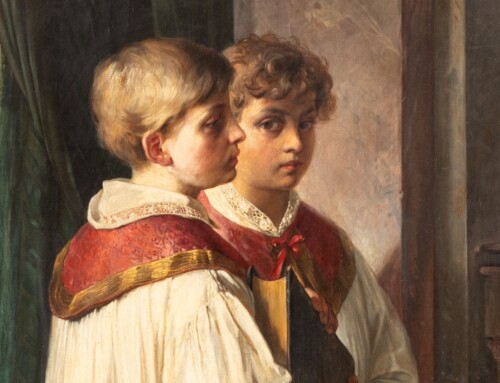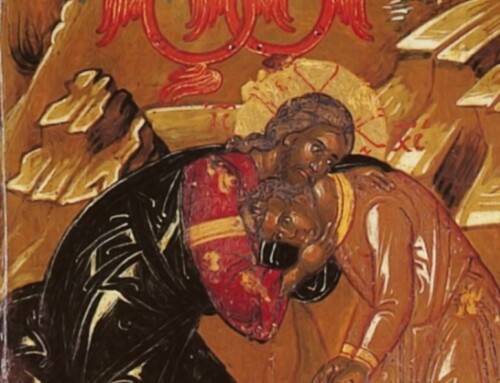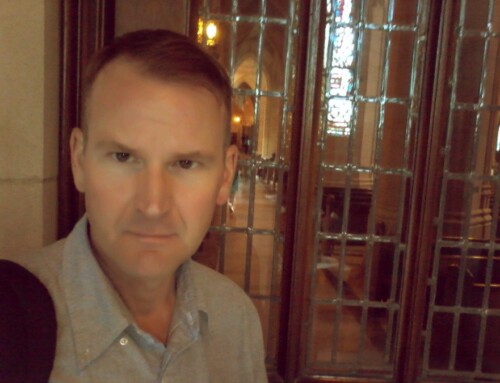A bizarre story I recently read about finally inspired me to write this article that has been bouncing around in my brain for years. The story: in Berkeley, the town of my Alma-mater, a lesbian couple who adopted a baby boy are now giving the child hormone blockers to delay the onset of puberty because they say the child wants to be a female. Ever since I saw the classic 1955 film “Rebel Without A Cause” starring James Dean I have been thinking about the problem of manhood, especially as it relates to juveniles in broken and unbalanced homes. Also at this time, a classmate of mine at UC Berkeley introduced me to Robert Bly’s interesting book “Iron John.” Though the book comes from a quasi-pagan point of view, Bly does raise some interesting questions about the passage from immaturity to manhood and the idea of initiation.
What makes “Rebel Without A Cause” so fascinating is the family dynamic between James Dean’s character, Jim Stark, and his parents. From the very beginning, when Jim’s parents arrive at a police station to pick Jim up after a night of mischief, we see the domineering mother constantly emasculating the witless husband. The father is completely neutered, and this does not go unnoticed by Jim. At one point Jim begs his father to stand up to his mother. He does not. Here, we see Jim completely deflate.
The film predates the sexual revolution by a decade. The role reversals in the Stark family are sometimes played through without subtly. In one scene, Jim’s father walks out of the kitchen wearing a frilly apron. But what effect does the sexual role reversal in the family have on Jim. My experience as a high school teacher taught me: boys from difficult homes often turn to crime or violence while girls become sexually active. In Jim’s case, he tries to prove himself at his new school by acting out. To the other wayward teenagers at the school, these initiation ceremonies: switch blade fights and drag racing, replace the affirmation and love they long to receive from their fathers. They are false paths into manhood.
But here I am getting ahead of myself a bit – for I am introducing two separate ideas: the confusion of sex roles in the home and their feeble replacement in modern society. To explain this further, the other two main characters in the film make the point explicitly. The first is Judy played by the exquisite Natalie Wood; the second is Plato played by Sam Mineo. Judy is an attractive girl in her early teens. She is hanging out with the wrong crowd. She is often flirtatious, but also angry. Her father is emotionally tied into his job and the external realities of family life: providing a home, money, cars, etc. Although she openly longs for it, Judy’s father is unable to give love to his daughter. Therefore she looks for love and acceptance from other men; the boys available to her at school. But these young men are poor substitutes for her father. Like her, they are all psychologically damaged youths; unable to really give or receive the kind of healing love they need. Instead, they continually spin in a life of discontent and desire.
Plato, the other main character, also comes from an intact home, but his parents are well-to-do and often stay away from home leaving him with the loving but frustrated housekeeper. Plato fills his emptiness by idolizing the more masculine Jim. Herein lies the other turn boys often make: lacking a loving male role model at home, instead of becoming violent and taking out their frustration on others, they seek the masculine (not manhood) from other men. In modern society this quest for the masculine leads inwards and becomes narcissistic. Hence homosexual culture’s obsession with youth and fashion. In the mean time, Jim falls in love with Judy, and in a weird fusion of false alternate universes, Plato imagines Jim as his father. The whole mess leads to tragedy for all involved.
Another film I would like to examine is “Chubasco” from 1967. A decade later, this film ventures into the same territory covered by “Rebel Without A Cause.” The only difference: in “Chubesco” the rather tame drag races have escalated into illegal drug use and intensified violence. But unlike the earlier film, an actual solution to the problem is put forward. The only one who can confer manhood upon a boy is another man. Ideally, this should be the boy’s father. In “Chubasco” the protagonist is a fatherless boy with a nonexistent mother. The boy in the film carries around one of the biggest chip on his shoulder ever seen in movie history. Of course, the boy’s attitude leads to friction with his girlfriend’s father. At the end of the film, only by submitting to the older male’s authority (in this case his girlfriend’s moral but domineering father) does the boy make the transition into manhood.
The third and last film I will look at is one that was released just this year: “The Eagle.” This might seem like an odd film to include with the other two as all the action in “The Eagle” takes place in Second-Century A.D. England and Scotland. On the contrary, all three film tackle the same subject matter: a boy becoming a man in a fatherless home. In “The Eagle,” our hero is Marcus: a parent-less Roman soldier returning to the sight of his father’s seeming military failure. While not only growing up without his father, Marcus is also burdened with the shame of his father’s sullen reputation. Alone, he sets out for Britain, beyond Hadrian’s Wall, into the dark forests where his father died. The object of his quest: to regain the legion’s standard – the eagle. His only companion: a runaway British slave.
One of the most interesting scenes in the film depicts the male rituals of the savage Northern Pict tribes. Marcus observes the strange ceremonies while waiting for his chance to steal back the eagle from the preoccupied warriors. The Northern tribes are war-like and barbarous as compared to the Romans, but their society is intact. The sexes know their stations and their duties. After Marcus recaptures the eagle, he and his slave head back to Roman territory. The Northern warriors relentlessly pursue them. In the end, they are no match. When all seems lost, soldiers from his father’s old legion reappear out of the English forest. Only with the help of his father’s comrades does Marcus regain the eagle, redeem his father’s legacy, and become a man. Again, through other men does the boy become a man.
The point of this exercise: first of all I wanted to prove that certainly a man (the father) is an essential part of a family; secondly, without a father, or male figure in the home, children will grow up at best maladjusted, at worst pathologically disturbed. Lastly, these disturbances will be especially evident in male children. In essence, without a father or male to guide them, they will never transfer into manhood. Instead they become submerged in an infantile and prolonged adolescence. I see this in the absurd acceptance of the male mid-life crises and in contemporary men’s fashion that attempt to cloth adults as children (i.e. shorts and baseball caps.) The effects of the modern male’s failure to move into manhood can be witnessed in more enduring spheres as well: the rise of violent urban youth gangs, teenage sexual promiscuity, and the prevalence of homosexuality. Plato’s tragic death in “Rebel Without A Cause” mirrors the fate of thousands of men who would later die of AIDS after their restless and tragic search for the manhood they should have attained in childhood. In the end: the disintegration and denigration of the family (a man and a woman) lies at the root of all societal problems. Spending money on the problem: for education, rehabilitation, drug education, sex education, etc…will not heal a broken mind. The wounds from childhood are painful to heal, but there is only one remedy and that is love.

